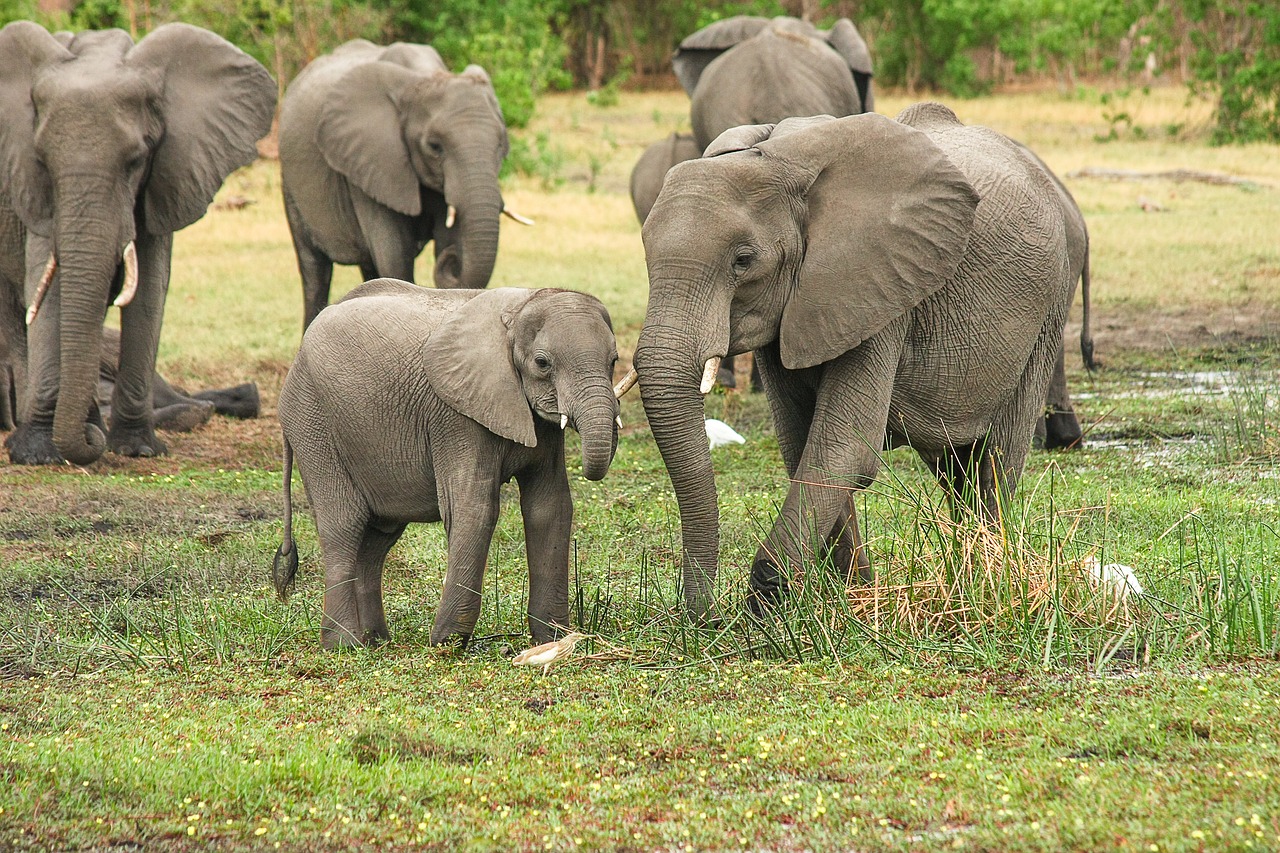Many countries and regions received critically few tourists or were closed to tourism for several months, leaving many people unemployed. Bitter side effect of the crown crisis: wild animals began to be hunted more often and released for shooting.
A scandalous elephant hunt began in Botswana last week. Due to restrictions related to last year’s pandemic, hunting had to be postponed. However, this year the hunting season will take place from April 6 to September 21, 2021. The hunting season in Botswana is going according to plan, says Cabel Senyatso, director of the National Park Authority. Just two years ago, a government commission proposed lifting the ban on elephant hunting, which came into force in 2014 because, in its opinion, the number of elephants is enough. Already in May 2019, the President decided to implement the plan.
During the hunting season this year, 287 thick-skinned people were released for shooting. The Office of National Parks and Wildlife says it wants to expand hunting tourism in Botswana, which is currently frozen due to the Crown pandemic. That’s why many wildlife hunting licenses were not used last year. Elephants create problems, trample farm fields and pose a threat to humans. Even attempts to keep animals away from settlements or relocate them could not resolve conflicts between humans and elephants.
However, the elephant population in Africa is growing only in the national parks of Namibia, South Africa, Zimbabwe and Botswana. But, according to the WWF, 80% of the animals live outside these areas. That is why they are becoming less and less every year, mainly due to poaching, but also because their habitat is shrinking and climate change is also negatively affecting population growth. For example, a recent study shows that now seeds and fruits as food for elephants in the forests of Central Africa are about 80% less than 30 years ago.
In the Maldives, negative headlines about animal welfare are also now appearing. On March 23, 2021, the local Ministry of Fisheries, Marine Research and Agriculture announced the lifting of an 11-year ban on shark fishing.
The Maldivian authorities have called on international organizations to maintain bans on shark fishing and predator meat trade, which have been in place for more than a decade. Studies have shown that a protected population of sharks increases the demand for diving and thus brings additional income to the Maldives. Due to the decline in tourism in the Maldives, it is very important to protect and preserve the ecosystem. A petition has been filed to maintain the ban on shark fishing.

